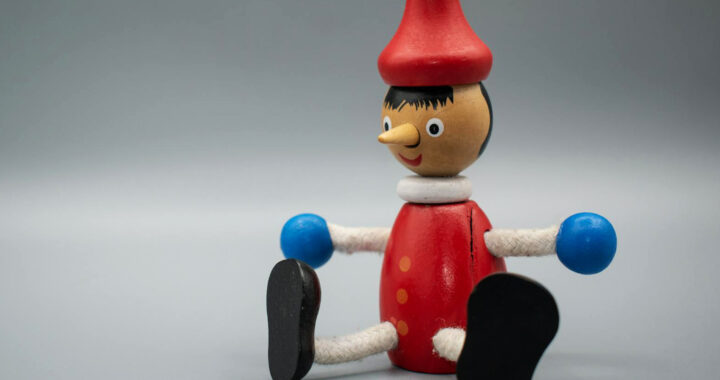Researchers have long debated whether people behave consistently across situations. This question becomes even more important when the behavior in question is dishonesty. A recent study headed by Isabel Thielmann of the Max Planck Institute for the Study of Crime, Security, and Law tested whether individuals show consistent patterns of lying. Specifically, using a large and diverse sample, the study explored whether dishonesty is a personality-based trait or a behavior that changes depending on the situation.
The Consistency of Dishonesty: Study Finds Strong Link Between Past and Future Lying
Background
There is a fundamental assumption in personality psychology stating that individuals tend to behave consistently across similar situations. Thielmann and colleagues tested this hypothesis in the context of dishonest behavior. There has been a debate about whether lying is consistent or varies greatly depending on the situation.
Nevertheless, to rigorously test the consistency of dishonest behavior, the researchers recruited a large and diverse sample of participants numbering to 1916. Dishonest behavior was measured three times over a period of up to three years.
Different versions of cheating paradigms were used. These paradigms were experimental setups designed so that lying was advantageous for the individual without directly incriminating them. This ensured that dishonest behavior could be inferred without directly accusing individuals. The nature and magnitude of incentives changed.
Findings
• Consistency of Dishonesty: The results showed that dishonest behavior is more consistent than previously assumed. People who lied once were more likely to lie again in the future when placed in a similar situation. This finding goes against earlier research that suggested dishonesty was mostly shaped by the situation.
• Recurrence: Moreover, in all three tests, the number of dishonest claims was higher than what would be expected if all participants had told the truth. This indicates that certain individuals are more likely to behave dishonestly and do so repeatedly over time.
• Role of Personality Trait: The researchers also found that dishonesty is linked to personality traits. Individuals who scored high on Honesty-Humility were less likely to lie, while those associated with dark personality traits were more likely to lie. People with low scores on this trait tend to bend rules and standards.
Implications
The study suggests that previous behavior can be a useful guide in predicting future dishonesty. It strengthens the idea that dishonesty can be treated as a stable trait in many people. Furthermore, based on strong and statistically backed evidence, the findings push back against the long-held assumption that lying is mostly a contextual behavior.
It is also worth mentioning the fact that individuals with high Honesty-Humility scores tend to be less dishonest. Those who score low are seen as more likely to be corruptible and unfair. Those scoring high on the Dark Factor of Personality, which includes traits like narcissism, psychopathy, and Machiavellianism, tend to be more dishonest.
The findings could affect areas like hiring practices, trust assessments, and intervention design. It suggests that dishonesty can be systematically measured and anticipated. However, Thielmann cautioned that behavior can never be predicted with full certainty. Other factors, such as life events or changing environments, may still influence outcomes.
FURTHER READING AND REFERENCE
- Thielmann, I., Hilbig, B. E., Schild, C., and Heck, D. W. 2025. “Cheat, Cheat, Repeat: On the Consistency of Dishonest Behavior in Structurally Comparable Situations.” In Journal of Personality and Social Psychology. American Psychological Association. DOI: 1037/pspp0000540
